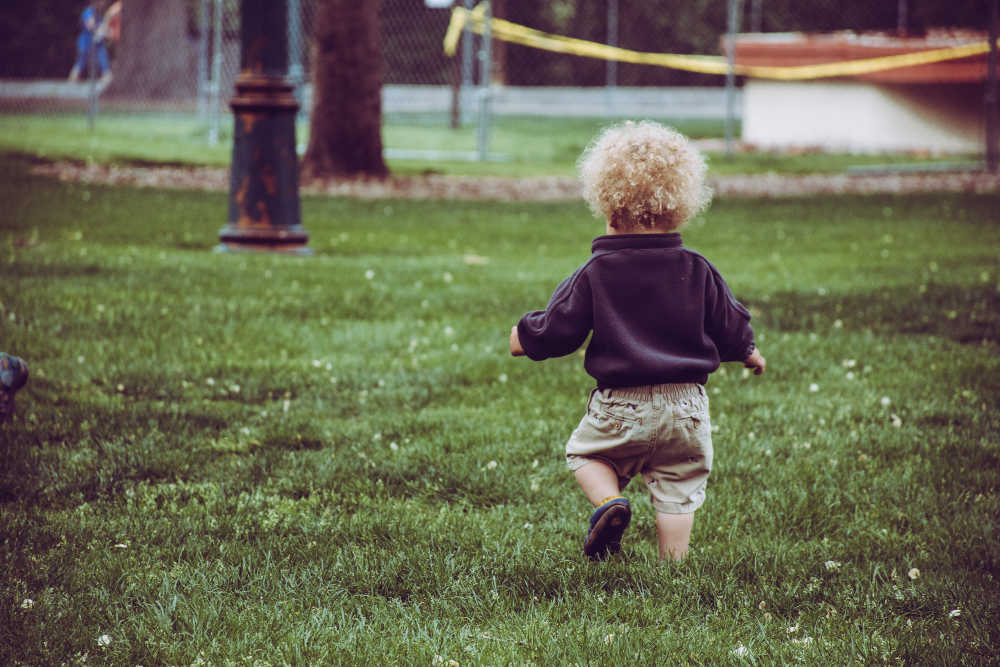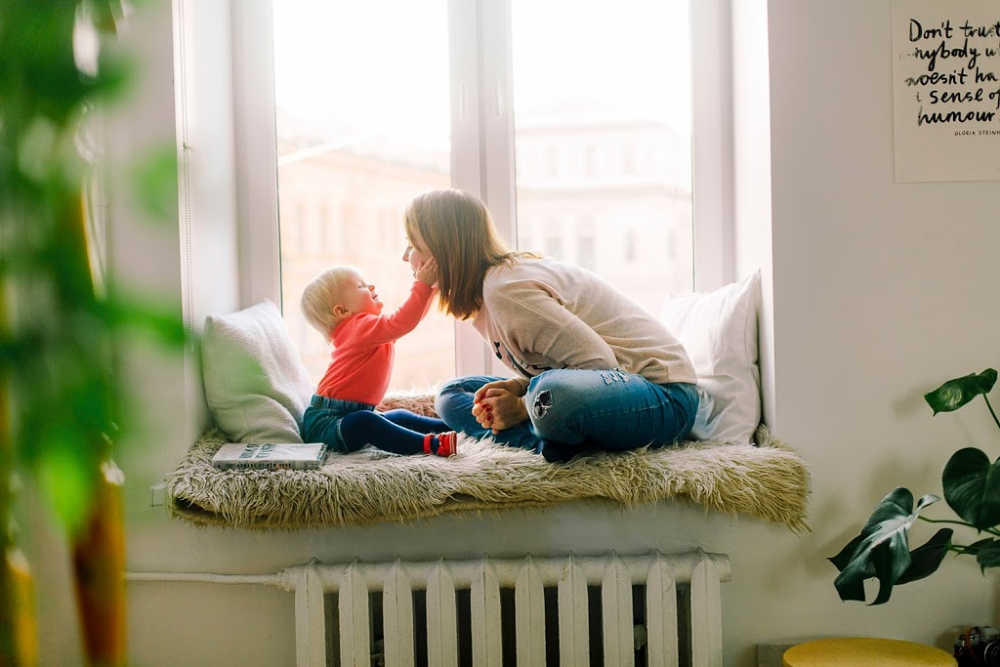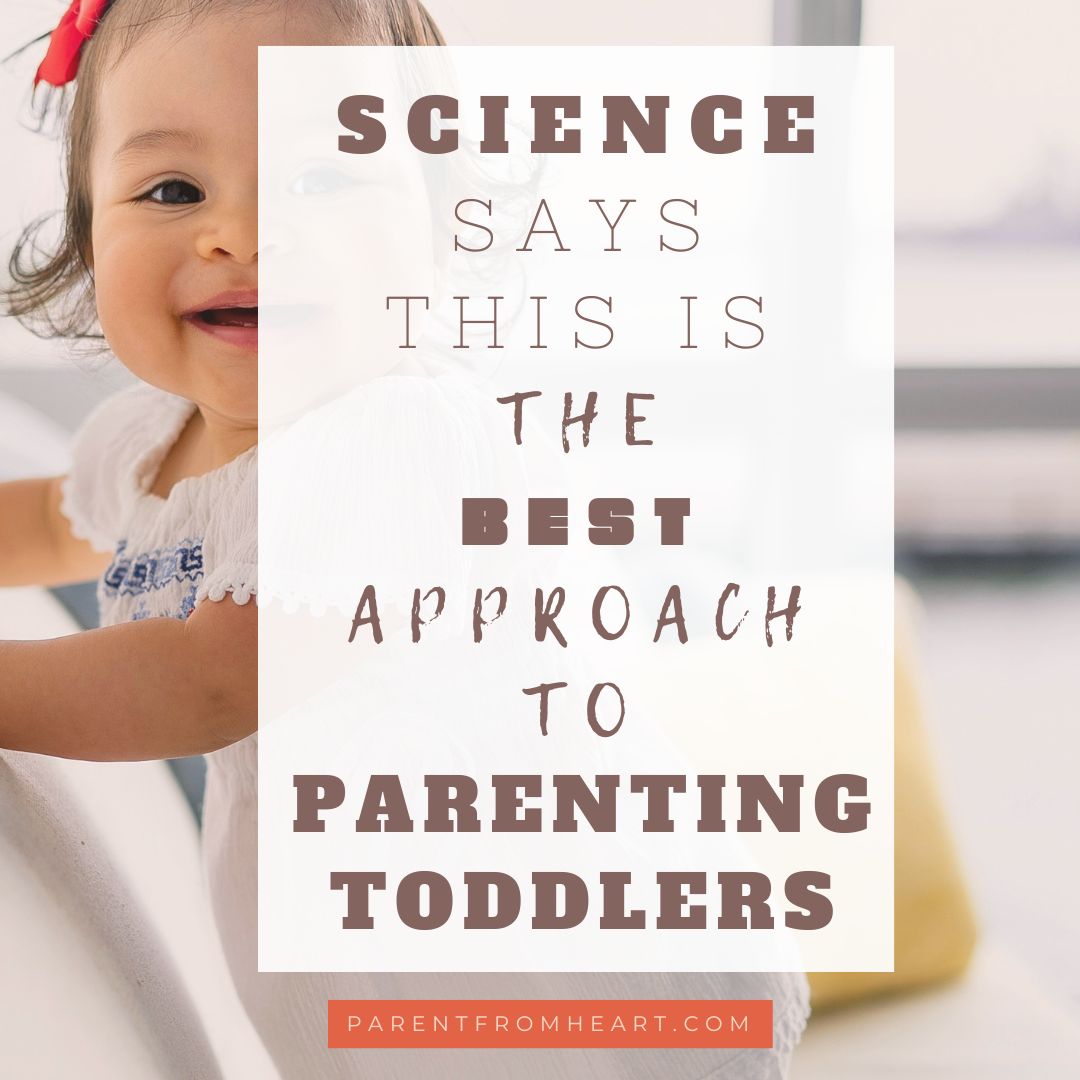Toddlers are strong-willed, prone to tantrums and don’t have a great sense of danger. How can we support…
Toddlers are strong-willed, prone to tantrums and don’t have a great sense of danger. How can we support their development while effectively parenting them? Find out what science says are the most powerful tips for parenting toddlers here.
About three months shy of his second birthday, I noticed a change in my youngest. Though still happy and enthusiastic, he started hitting, throwing toys, and going boneless.
I was simultaneously making breakfast and lunches for school. My little guy was underfoot. As I brought pancakes over to the kitchen table, I looked at him as he stood “reorganizing” the Tupperware drawer.
“You’re handsome,” I said smiling.
It was as if I had smacked the pleasant look off of his face.
In that instant, he collapsed into a pile of tears.
Between sobs, I was able to hear what made him so sad.
“Me no handsome. Me big boy.”
Sure, he was, in part, crying because he was ready for breakfast. But, I had made the most egregious error in his mind. Not knowing what handsome meant, he figured my compliment was a slight against his newfound independence.

Before becoming a toddler, an infant’s needs are basic. During this time, it is important the caregiver respond to the child’s cries for:
Through his research on child development, psychologist Erik Erikson described infancy as a stage of basic trust versus mistrust. A parent who responds to a baby’s cries helps her emerge from this stage with basic trust.
Disclaimer: As an Amazon associate, I earn from qualifying purchases.
By the time a child starts toddling, he has discovered something incredible. He can be independent. Not only can he move on his own, but he can also test ideas, try new things, and even run away from Mom!
Erikson termed this stage, Autonomy versus Shame and Doubt.
During this time, a toddler still has very similar needs to an infant.
He needs comfort, closeness, responsiveness, and custodial care. However, he also needs regular opportunities to:
But the struggle is real. For one, toddlers don’t always know what they need. They lack the language to communicate what they’re thinking. And, they are unable to stay safe.
On top of that, toddlers’ brains are highly emotional.
In their book, The Whole Brain Child, Dr Daniel Siegel and Dr Tina Bryerson explain that the more primitive parts of toddlers’ brains are well developed. However, the ‘upstairs brain’ which is responsible for impulse control and the regulation of emotions doesn’t fully develop until early adulthood.
And so, what we have is a little person who is strong-willed and wants to:
This begs the question, how do we handle this period of tantrums, willfulness and newfound independence and parent effectively?

Erikson’s research demonstrated that the main goal of toddlerhood is to develop autonomy.
Instead of seeing them as terrible or troublesome, we are able to understand toddler willfulness as necessary for their development. During those strong-willed toddler moments, everything in the child is screaming, “I want to do this by myself.”
These headstrong little people are constantly being corrected, guided, and scooped up regardless of what they have their minds set on. The frustration they feel can be all-consuming and can happen often.
And that’s when meltdowns happen.

Based on Siegel and Bryson’s research on neurobiology, when a child is in the midst of a tantrum, his right brain is overactive and the logical left brain is essentially submissive. These tips help get the left brain working more, especially in the midst of a tantrum.
Related reading: Why you shouldn’t punish tantrums and what you can do instead
Parenting toddlers is challenging. Toddlers are willful and have a fierce desire for autonomy. That said, it is such a gift to celebrate their newfound independence. The best parenting tips for toddlers is to 1. reframe their behaviour to better understand their willfulness and, 2. help their logical left brain take over when they are emotionally charged. These two approaches make the entire process so much more enjoyable for both parent and child.
Like this post? Click on the image below to save it for later!

10+ Tips to Mitigate Difficult Toddler Behaviour
Why You Shouldn’t Punish Tantrums and What to do Instead
How to Conquer Your Toddler’s Potty Training Regression
How Social Stories Will Help You and Your Child in the Heat of the Moment
4 Important Words to End a Power Struggle
The Whole Brain Child by Dr Daniel Siegel and Tina Bryson
How to End Toddler Bedtime Battles for Good
5 Common Mistakes People Make When Parenting Toddlers
Ask any parent who has watched a two‑year‑old “fail” to hear the call to put on shoes—only to…
Toddlers can be confusing, to say the least. One moment they’re clinging to your leg like a baby…
Affection wasn’t really a thing in my childhood home. My parents were good providers, but hugs, “I love…